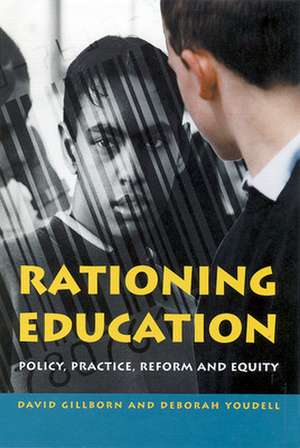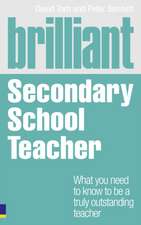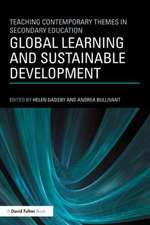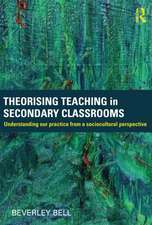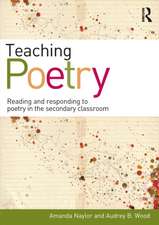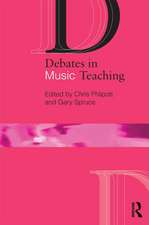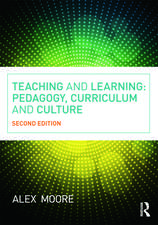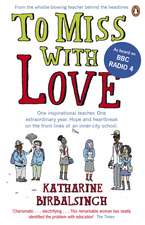RATIONING EDUCATION
Autor David Gillborn, Deborah Youdellen Limba Engleză Paperback – 16 dec 1999
Recent educational reforms have raised standards of achievement but have also resulted in growing inequalities based on 'race' and social class. School-by-school 'league tables' play a central role in the reforms. These have created an A-to-C economy where schools and teachers are judged on the proportion of students attaining five or more grades at levels A-to-C. To satisfy these demands schools are embracing new and ever more selective attempts to identify 'ability'. Their assumptions and practices embody a new IQism: a simple , narrow and regressive ideology of intelligence that labels working class and minority students as likely failures and justifies rationing provision to support those (often white, middle class boys) already marked for success.
This book reports detailed research in two secondary schools showing the real costs of reform in terms of the pressures on teachers and the rationing of educational opportunity. It will be important reading for any teacher, researcher or policymaker with an interest in equality in education.
Preț: 280.80 lei
Nou
Puncte Express: 421
Preț estimativ în valută:
53.75€ • 58.40$ • 45.18£
53.75€ • 58.40$ • 45.18£
Carte tipărită la comandă
Livrare economică 21 aprilie-05 mai
Preluare comenzi: 021 569.72.76
Specificații
ISBN-13: 9780335203604
ISBN-10: 0335203604
Pagini: 253
Dimensiuni: 150 x 230 x 12 mm
Greutate: 0.4 kg
Editura: McGraw Hill Education
Colecția Open University Press
Locul publicării:United Kingdom
ISBN-10: 0335203604
Pagini: 253
Dimensiuni: 150 x 230 x 12 mm
Greutate: 0.4 kg
Editura: McGraw Hill Education
Colecția Open University Press
Locul publicării:United Kingdom
Cuprins
Education and equity
Reforming education
policy and practice
Ability and economy
'intelligence' and the A-to-C economy
Selection 11 to 14
fast groups, 'left over' mixed ability and the options
Selection 14 to 16
setting, tiering, hidden ceilings and floors
Educational triage and the D-to-C conversion
suitable cases for treatment?
Pupil perspectives
Conclusions
rationing education
Notes
References
Index.
Reforming education
policy and practice
Ability and economy
'intelligence' and the A-to-C economy
Selection 11 to 14
fast groups, 'left over' mixed ability and the options
Selection 14 to 16
setting, tiering, hidden ceilings and floors
Educational triage and the D-to-C conversion
suitable cases for treatment?
Pupil perspectives
Conclusions
rationing education
Notes
References
Index.
